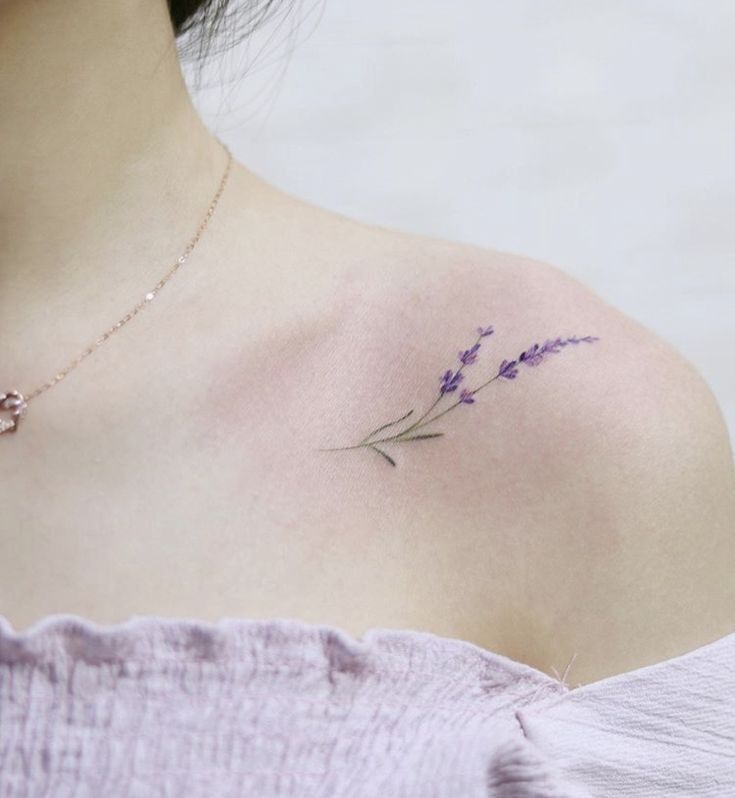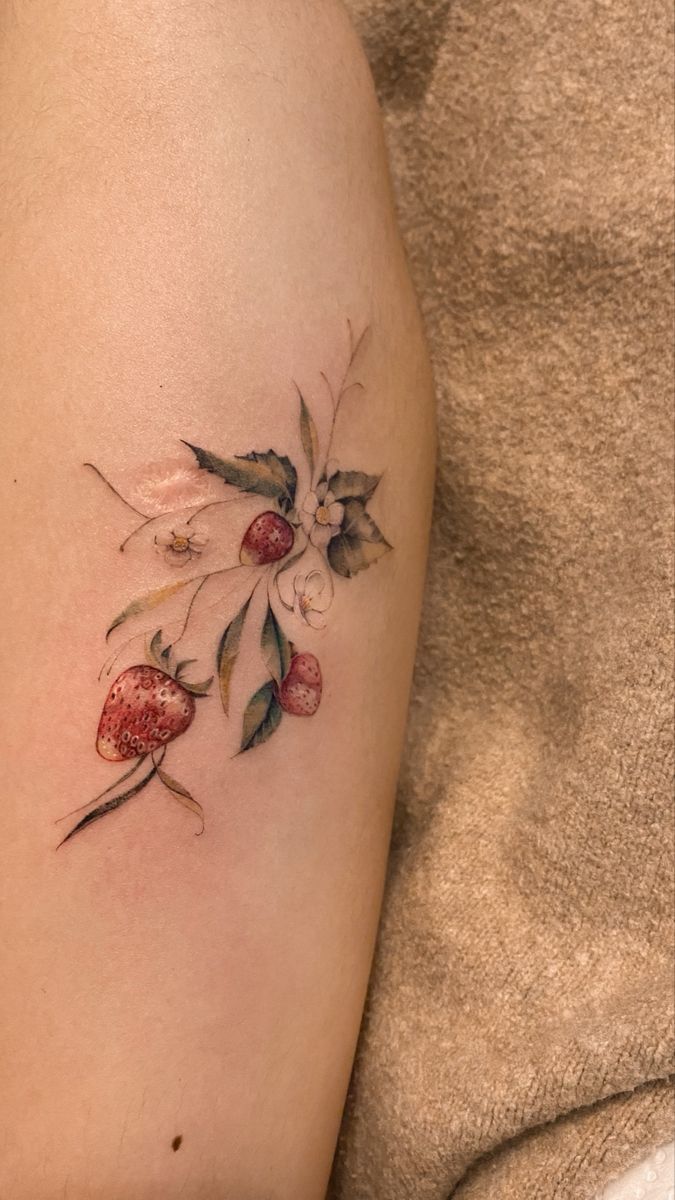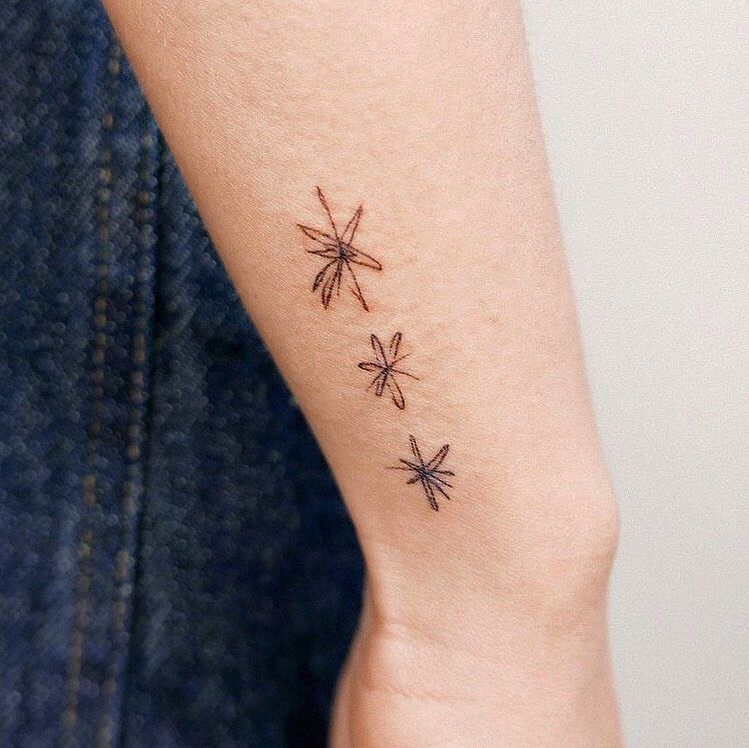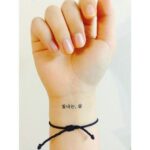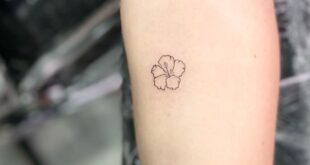Tattooing has long been a popular form of self-expression across cultures and countries. In Korea, tattooing has a long and complex history that dates back thousands of years. While tattoos were traditionally seen as taboo in Korean society, attitudes are slowly changing, and more and more people are embracing the practice.
Korean tattoos are known for their intricate designs and attention to detail. Many tattoo artists draw inspiration from traditional Korean art and culture, incorporating elements such as flowers, animals, and Korean script into their designs. Traditional Korean tattooing techniques, such as hand-tapping and stick-and-poke methods, are still widely practiced alongside modern tattooing methods.
One of the reasons why tattoos were traditionally frowned upon in Korean society is due to their association with criminals and gangs. In the past, only gang members and rebels would get tattoos as a form of rebellion against the conservative society. However, as perceptions have shifted, tattoos are increasingly seen as a form of self-expression and artistry.
In recent years, several Korean celebrities have helped to popularize tattoos in mainstream culture. Icons such as G-Dragon and Zico are known for their extensive tattoo collections, and their influence has undoubtedly helped to destigmatize tattoos in Korea. As a result, more and more young Koreans are getting tattoos as a way to express themselves and stand out from the crowd.
Despite the growing acceptance of tattoos in Korean society, there are still some restrictions in place. In Korea, only licensed medical professionals are allowed to perform tattooing, which means that many tattoo artists operate underground or in unregulated tattoo parlors. Additionally, tattoos are still prohibited in certain public spaces, such as swimming pools and gyms, due to long-standing beliefs that tattoos are associated with criminal behavior.
Overall, tattoos in Korea are a fascinating blend of tradition and modernity, with artists drawing inspiration from the country’s rich cultural heritage while pushing boundaries with innovative designs. As attitudes towards tattoos continue to evolve, it will be interesting to see how Korean tattoo culture develops in the years to come.
 innstyled Tattoo Ideas
innstyled Tattoo Ideas
